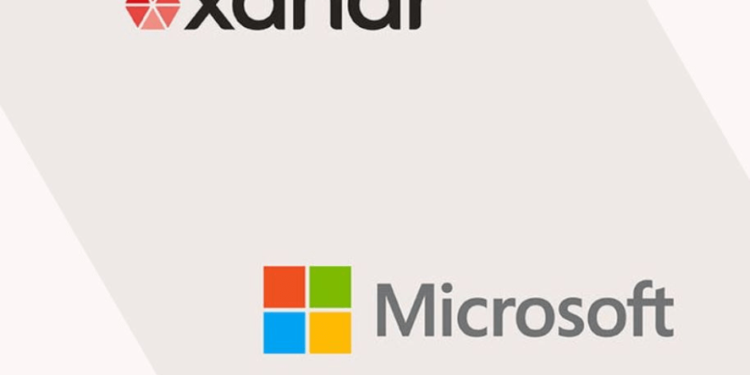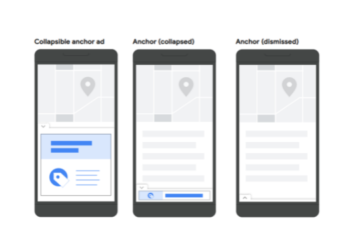Microsoft-owned ad-tech platform, Xandr, is opting out of political advertising by the end of the year. The platform, purchased by Microsoft in 2021, has refreshed its political advertising policy page to prohibit advertisements related to election canvassing, election polls, political parties, candidates, and ballot measures.
Xandr’s revised policy also bans certain types of political ads such as fundraising efforts for political candidates, parties, PACs, and ballot measures. In addition to the political ads restriction, Xandr has imposed stricter guidelines on advertisements regarding alcohol, gambling, tobacco, and vaping in specific markets. These changes will be rolled out in September and October.
The company informed clients of these updates via email, noting that the modifications are designed to align Xandr’s policies with those of Microsoft Advertising. LinkedIn, another Microsoft-owned platform, also prohibits political ads, as indicated on its advertising policy website.
The shift in Xandr’s policy comes amidst the tightening grip on political advertising by major tech companies like Google and Meta. Many political advertisers have since pivoted to the open web and programmatic advertising to connect with voters. In fact, Adimpact, an analytics firm, reported that political ad spending peaked at $7.8 billion during the 2022 election cycle.
Jake Sticka, a partner at the political ad agency Rising Tide Interactive that uses Xandr, posits that platforms accepting political advertising need to verify the legitimacy of advertisers, a process which involves significant effort. Platforms may also be tightening rules around political advertising to avoid acting as arbiters in evaluating the accuracy of ads against the overall political environment.
Xandr’s move to exclude political advertising represents a growing trend among tech companies to ensure the integrity and transparency of their platforms. While this may be seen as a positive move towards maintaining a neutral stance, it may also lead to a more fragmented ad landscape, with political advertisers exploring other avenues. This could potentially drive innovation and diversity in the ad space but may also raise new challenges in ensuring transparency and accountability. How this impacts the future of political advertising remains to be seen.




















































